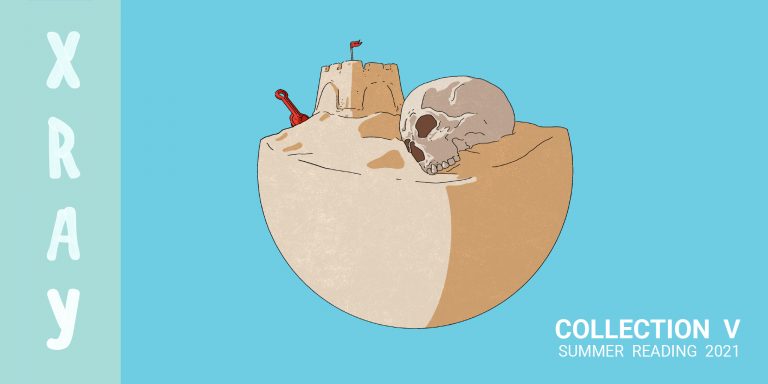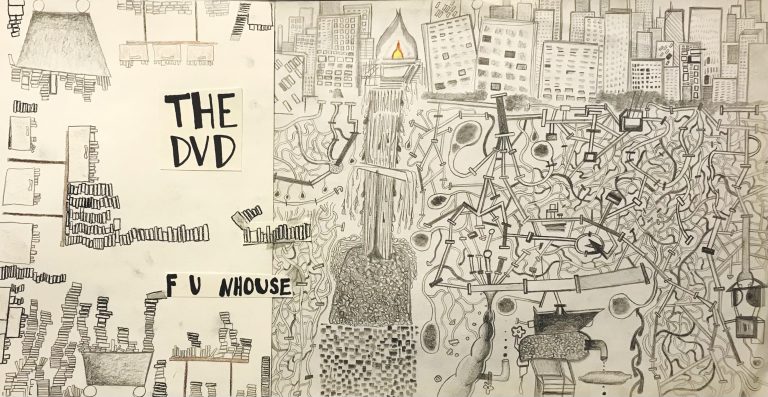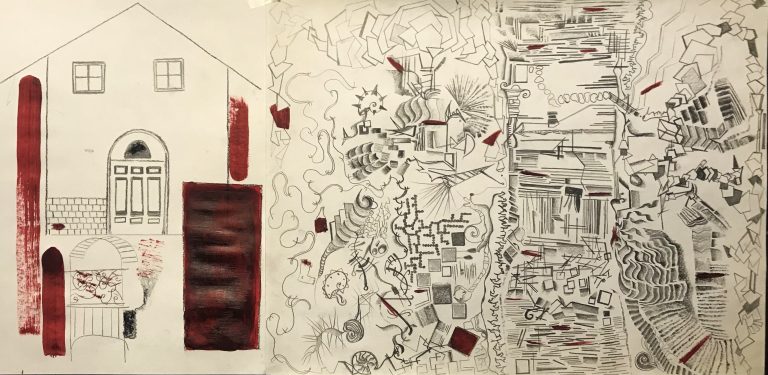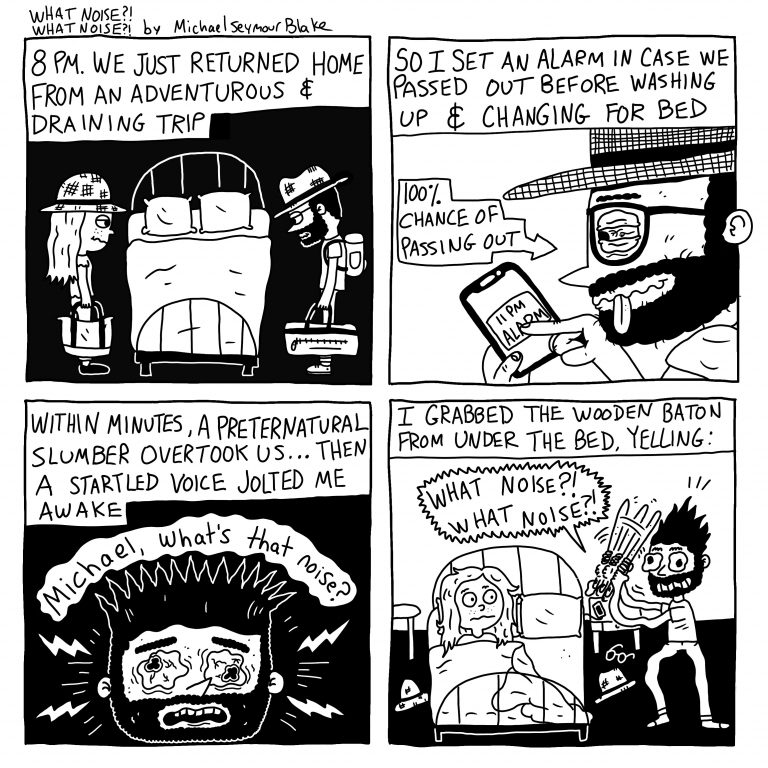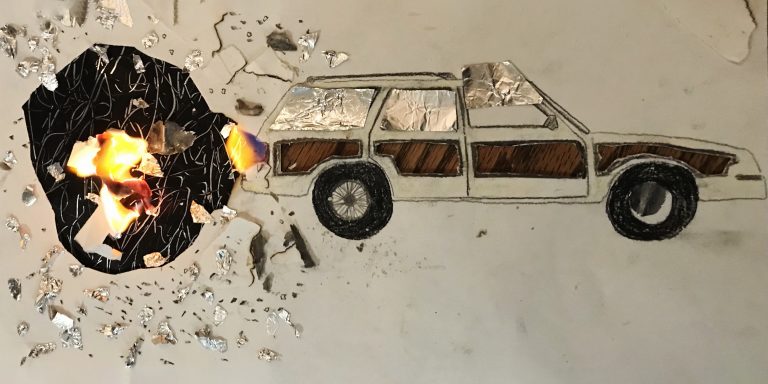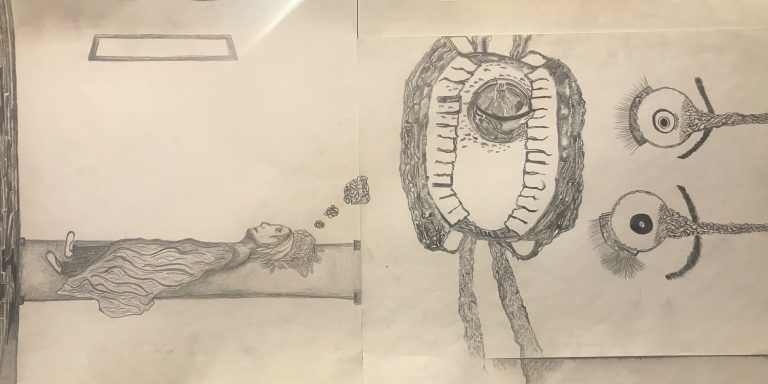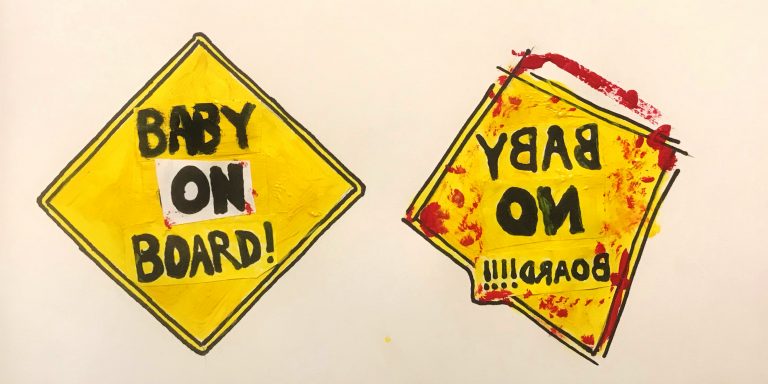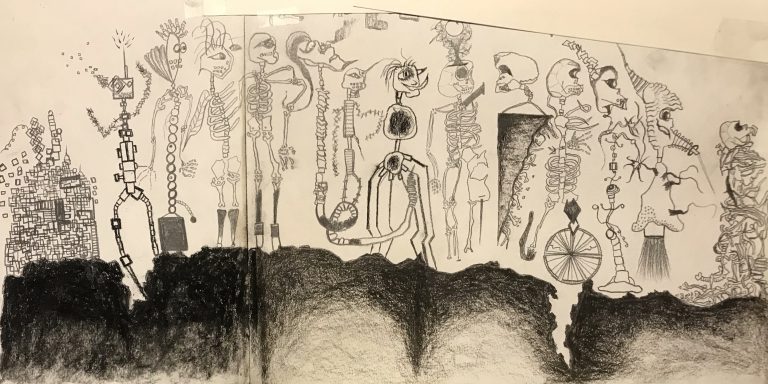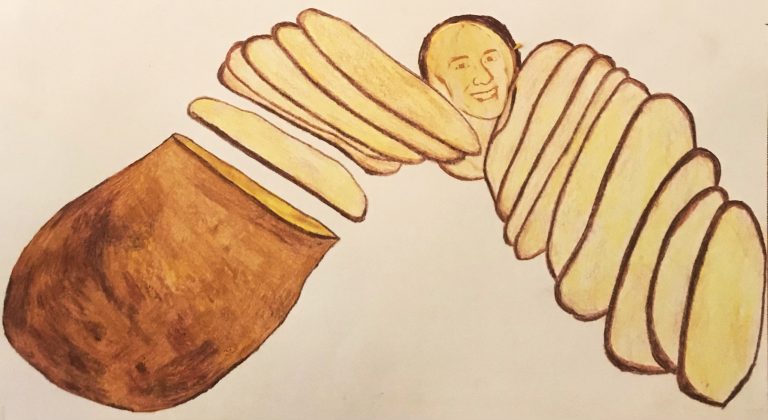
CRISP EDGES by Helena Pantsis
Bud reached into the chip bag. It crinkled, loud and coarse by the cheap, jagged foil. He dug his hand around the salt-covered potatoes, angling for the perfect one. You never want to start too big. You have to aim for those mid-range chips, the ones the size of a beer bottle’s bottom. He pulled one out, smacked his lips around it, and sucked on the tips of his fingers before going in for another. He couldn’t stop. That’s how they get you, the chip companies, the corporate potato pigs, by drowning their spuds in moreish delicacies that rot your

